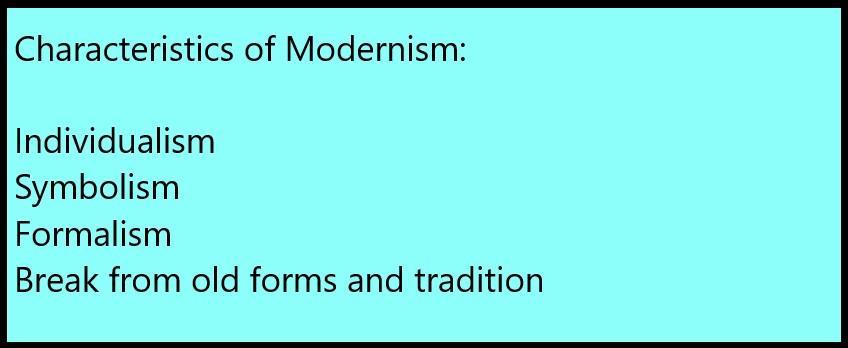Themes of the modernists are largely about human nature. Whether in their works, we see madness, depression, and suicide, or the gloom of loss and impotence, modernist writers explored human nature honestly. They also explored the themes of sexual depravity, morbidity, and the human impulse to obfuscate the truth. But what is the ultimate meaning of these themes?
Paradoxism
Modernist fiction often deals with the themes of external crisis and paradox. Fragmentation is an integral part of this genre. In fact, modernist fiction is best described as an exploration of the nature of knowledge. This is because paradoxes exist at both the internal and external levels. Socrates posed an idea that minimal knowledge serves as a window to the soul. Dialectics, on the other hand, refutes false and true opinions.
Disillusionment
Modernist literature was influenced by the new psychological theories of Sigmund Freud and Carl Jung, and the modernists reflected this in their works. They rejected all conventional beliefs and established institutions in favor of a more rational, if disillusioned, view of the world. Many Modernist writers attempted to create a new paradigm, which they called the avant-garde.
Some of the Modernist writers cultivated a kind of utopian spirit. New discoveries in science, philosophy, physics, and psychoanalysis fueled their work. Other Modernist writers resisted traditional forms and blended the past with modern themes and languages. Some of them focused on the inner workings of the mind, and their writings often feature stream-of-consciousness style narration.
Loss
Modernist writers of the 20th century were preoccupied with issues such as the increasing speed of modern society and its meaninglessness. As a result, many of society’s most fundamental certainties were dismantled. Marx proved that class was a construct, Freud stripped human individuality to a primal sex drive, and Darwin discovered that the Earth was millions of years older than scripture. Nietzsche asserted that ethical principles were just constructions. These developments prompted modernist writers to try to understand where humanity stood after these cornerstones had been crumbled. The shards of the past were discarded, and modernist writers sifted through them.
Modernist literature was largely a reaction to the ravages of World War I. The influx of modern technology and the rise of industrialization led to a pessimistic view of society. Many of these writers hoped to counter the alienation of humanity by expressing its fears through their work. They viewed art as a healing force. Although they didn’t share the same ideals, their works reflected their thoughts on these subjects.
External crisis
In the early twentieth century, modernist writers mostly came from small towns and suburban areas, but gravitated to big cities like New York, London, and Paris. The writers’ ideals and political beliefs varied from conservative to Fascist. Their writing reflected the modernist movement, which helped foster many of their ideals. Listed below are some examples of modernist literature. This article will outline the ideals and values of modernist writers and explore the contexts in which they developed them.
Distancing from traditional ideas
The writing style of modernists was influenced by the contemporary world, and their work emphasized the individual. They focused on the lives of people in modern settings, who often felt unrecognizable from the surrounding world and unable to find their place within it. Nihilism, a philosophical school that rejects all moral or religious principles, was at the root of modernism. Modernists embraced the notion that humans should be free of convention, regardless of its source.
Early modernist writers like Charles Darwin and Karl Marx both sought to distance themselves from traditional ideas. Darwin’s theory of evolution challenged the idea of human uniqueness and religious certainty. Both Darwin and Marx argued that capitalism lacked spirituality, and embodied a fundamental contradiction. This approach lasted decades, and was accompanied by a distaste for conventional ideas. Modernist writers questioned traditional notions of beauty and meaning in literature.

